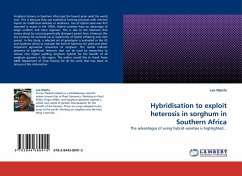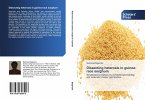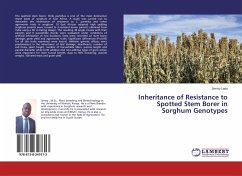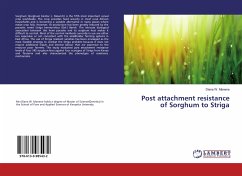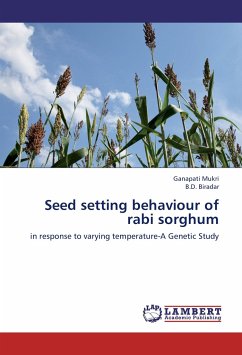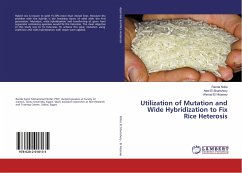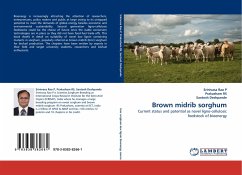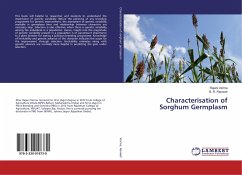Sorghum farmers in Southern Africa get the lowest grain yield the world over. This is because they use traditional farming practices with minimal inputs on traditional varieties or landraces. Use of hybrid seed was first reported in maize in the 1920s. Hybrid varieties have an advantage of beign uniform and more vigorous. This is due to the heterosis that comes about by crossing genetically divergent parent lines. Heterosis (for any trait)can be summed up as superiority of hybrid offspring over best parent. In this study, a selected set of genotypes is evaluated in the US and Southern Africa to evaluate the level of haterosis for yield and other important agronomic characters of sorghum. The results indicate presence of significant heterosis that can be used by researchers to release new higher yielding sorghum hybrids for the benefit of all sorghum growers in the region. The author would like to thank Texas A&M Department of Crop Science for all the work that was done to bring out this information.

